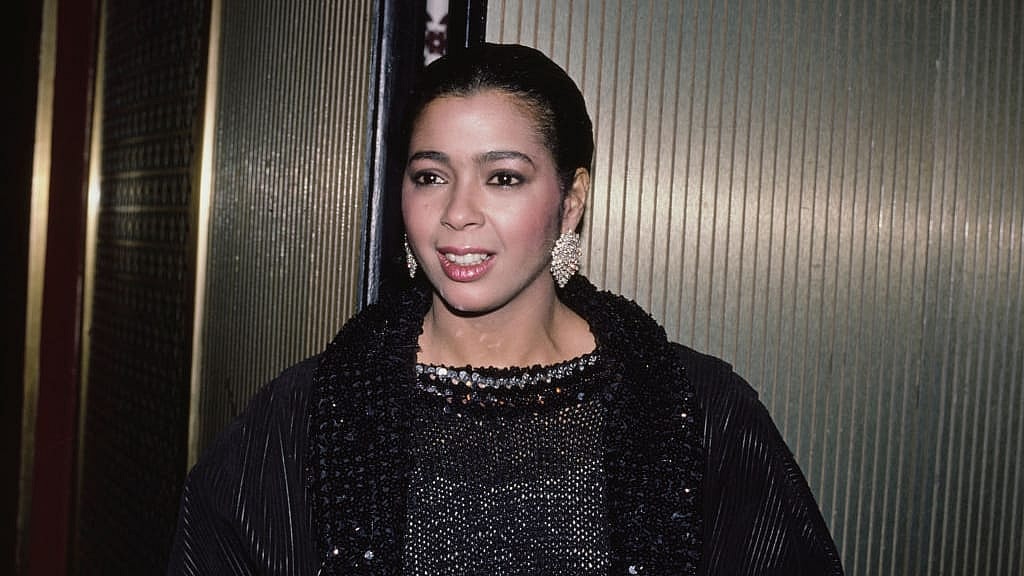The late singer and actress Irene Cara, who died at her home in Largo, Florida, on Nov. 25, 2022, died of something more than half of Black American adults have.
According to an official report from the Pinellas County Medical Examiner, the “Fame” and “Flashdance” singer died of hypertension and high cholesterol. The official cause of death was arteriosclerotic and hypertensive cardiovascular disease. People magazine reported that the 63-year-old performer also had diabetes.

Learning the combination of ailments plaguing Cara at the time of her death comes during February, American Heart Month, and on Friday, Feb. 3, the official Go Red for Women Day, underscoring the importance of spreading awareness and managing risk factors. According to the American Heart Association (AHA), the prevalence of hypertension, or high blood pressure, in Black Americans is among the highest in the world — roughly 55% of all Black American adults are battling the medical condition.
The AHA attributes this high statistic to historical and systemic factors such as access to care and nutritious food, adverse social determinants of health, and the circumstances in which a person is born and lives. The association acknowledges the unfortunate legacy of mistrust the medical world has fostered with the Black community through centuries of discrimination as a constant factor as well.
This country generally struggles with high blood pressure, which is dubbed “the silent killer” for the prevalence of fatal cases due to widespread mismanagement. The Centers for Disease Control and Prevention reports that “tens of millions” of Americans suffer from high blood pressure, and “many do not have it under control.”
The AHA says high blood pressure, anything above 130, is managed through careful monitoring by a doctor and lifestyle changes. These changes include eating well, limiting alcohol intake, regular physical activity, quitting smoking, stress management, maintaining a healthy weight, and taking medications correctly if necessary. However, circumstances outside of one’s control can also lead to the disease, such as family history and environment.
According to her neighbors and manager, the Oscar-winning performer became a “recluse” in the days before her death. Her manager said she especially became a shut-in following the COVID-19 pandemic. One neighbor, in particular, was told by Cara that she had “health issues.”
“I’d text her or call her to invite her to come for a walk, but I wouldn’t hear back for days,” Maria Contreras told the New York Post, adding, “And she’d never call back using her cellphone. She called from her computer because she was worried about privacy. She didn’t look well and she said she had health issues.”
When she died, her publicist Judith Moose tweeted the news stating it was the “absolute worst part” of being a publicist.
“She was a beautifully gifted soul whose legacy will live forever through her music and films,” said Moose.

Kay Wicker is a lifestyle writer for theGrio covering health, wellness, travel, beauty, fashion, and the myriad ways Black people live and enjoy their lives. She has previously created content for magazines, newspapers, and digital brands.
TheGrio is FREE on your TV via Apple TV, Amazon Fire, Roku, and Android TV. TheGrio’s Black Podcast Network is free too. Download theGrio mobile apps today! Listen to ‘Writing Black’ with Maiysha Kai.

